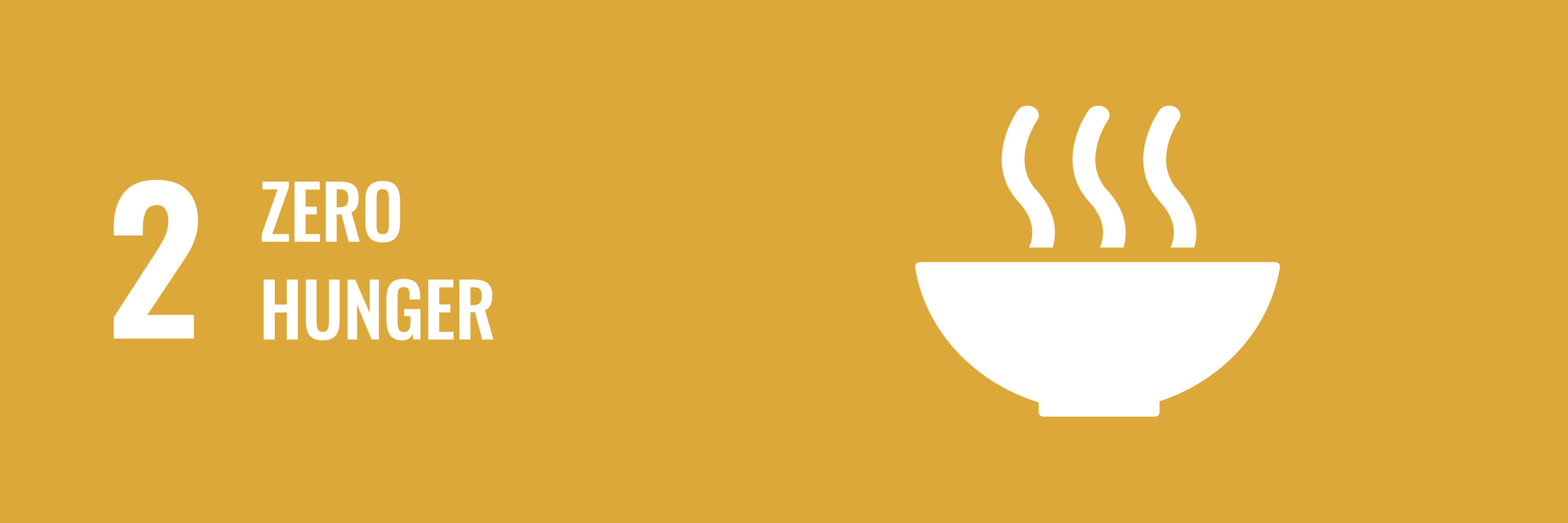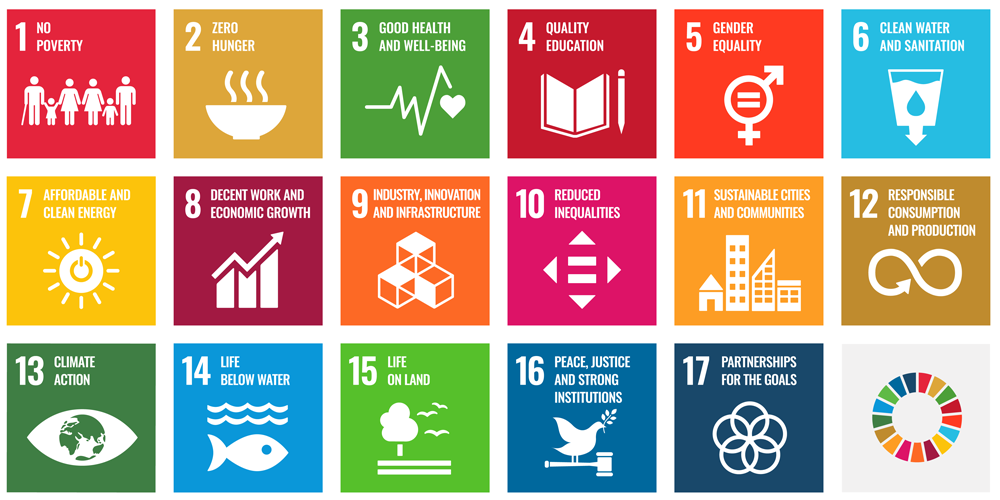

Contribution of the HUG to the SDGs
The United Nations adopted the Sustainable Development Goals (SDGs) in 2015, which consist of 17 goals and 169 targets aimed at promoting a more sustainable and improved future for everyone by 2030.
These goals address worldwide issues such as poverty, inequality, climate change, environmental damage, prosperity, peace, and justice.
The HUG plays a significant role in achieving most of these SDGs by serving as actor and contributor at the same time.
1 NO POVERTY
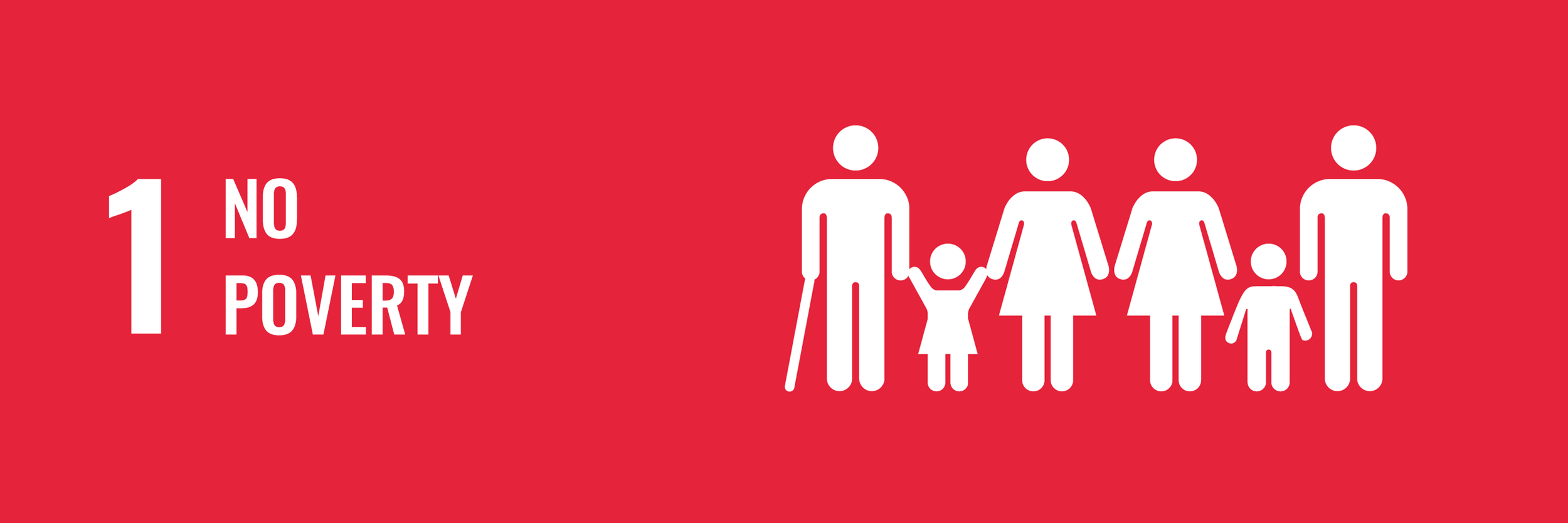
Targets 1.2 and 1.4
The HUG enable everyone to have access to essential healthcare services regardless of age, origin, status, insurance coverage, financial or social situation.
 593 people in difficult situations hospitalized
593 people in difficult situations hospitalized
2 ZERO HUNGER
Targets 2.1 and 2.2
Ensuring food security, improving nutrition and promoting sustainable agriculture are important issues for the HUG.
Every year the HUG prepare several million healthy, nutritious and balanced meals for patients and staff. The catering service prefers to use products from local and seasonal agriculture.
 3.5 million meals served
3.5 million meals served
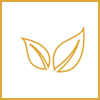 100% of the staff restaurants are labelled Genève Région Terre Avenir (GRTA)
100% of the staff restaurants are labelled Genève Région Terre Avenir (GRTA)
3 GOOD HEALTH AND WELL-BEING
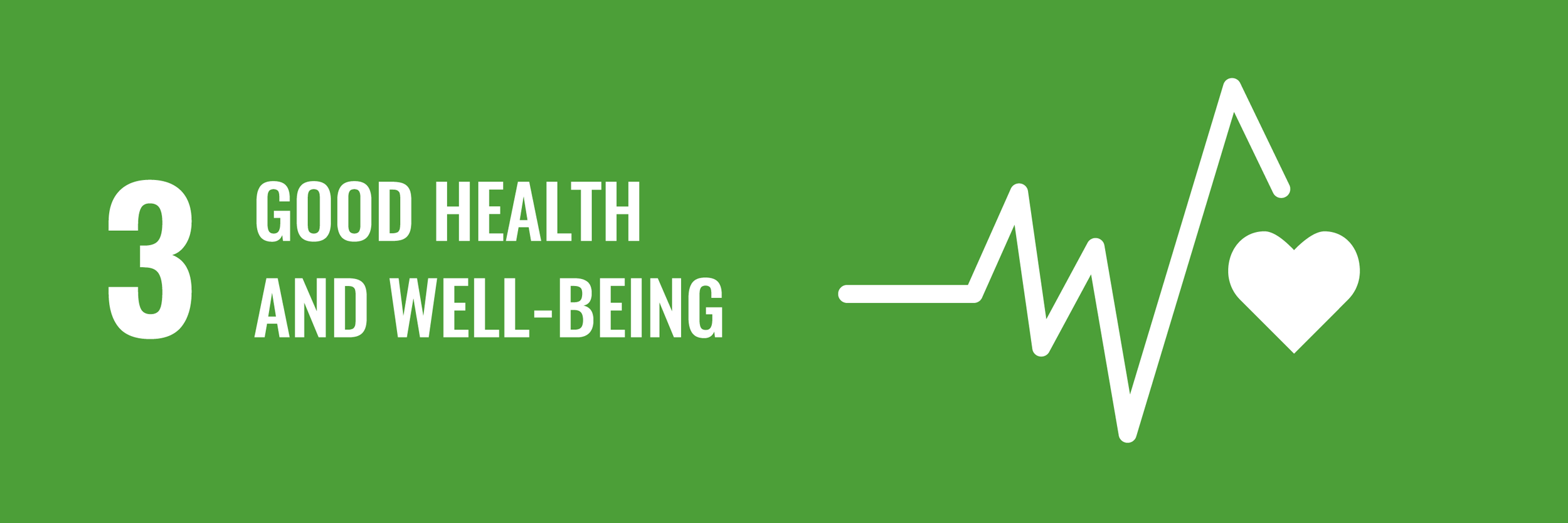
Targets 3.1, 3.2, 3.3, 3.4, 3.5, 3.6, 3.7, 3.8, 3.A, 3.B and 3.C
Through their mission of care provision to the community and their commitment to health promotion, the HUG contribute to a healthy life for everyone.
The HUG are also attentive to the well-being of their staff, particularly in times of pandemic.
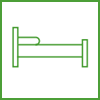 2 095 hospital beds
2 095 hospital beds
 255 509 people treated
255 509 people treated
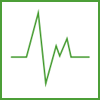 1.27 million outpatients
1.27 million outpatients
4 QUALITY EDUCATION
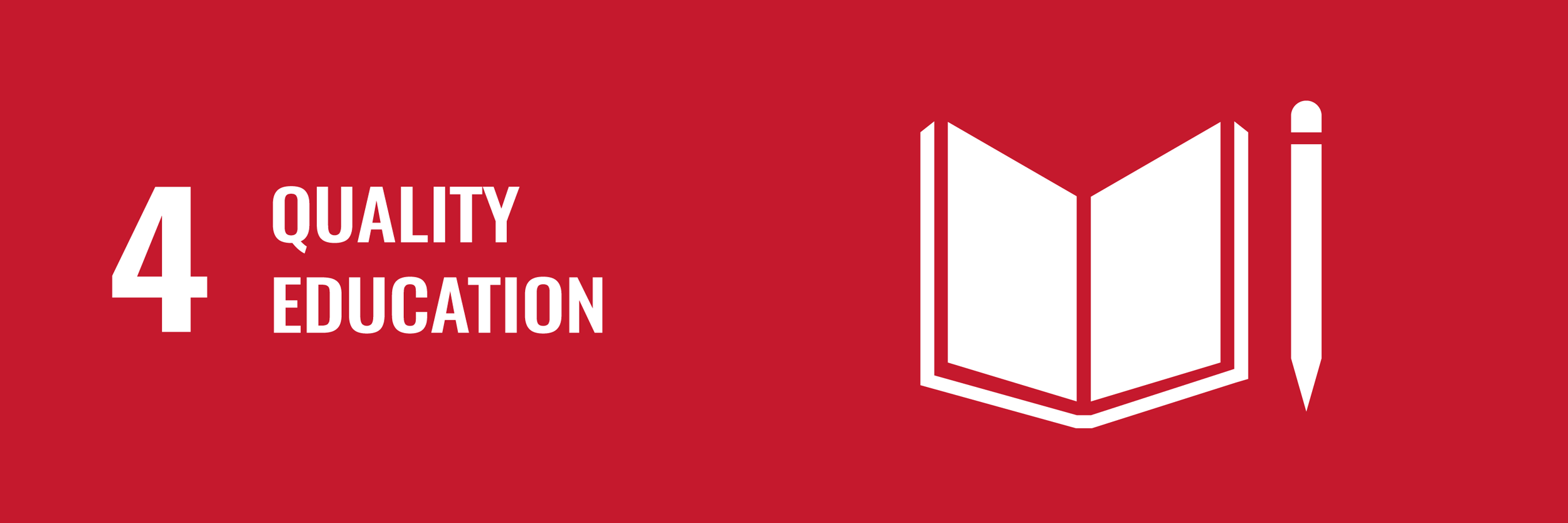
Targets 4.3, 4.4, 4.5, 4.6, 4.7 and 4.C
In collaboration with the University of Geneva and the Universities of Applied Sciences, the HUG contribute to the quality of education and training of doctors and health professionals.
Internships, apprenticeships, in-house vocational training courses and further training are also offered in the medical-technical, logistical, technical or administrative fields.
 151 103 hours of continuing education, 25% of which are digital
151 103 hours of continuing education, 25% of which are digital
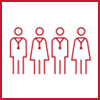 1,776 medical students
1,776 medical students
 209 apprentices
209 apprentices
5 GENDER EQUALITY
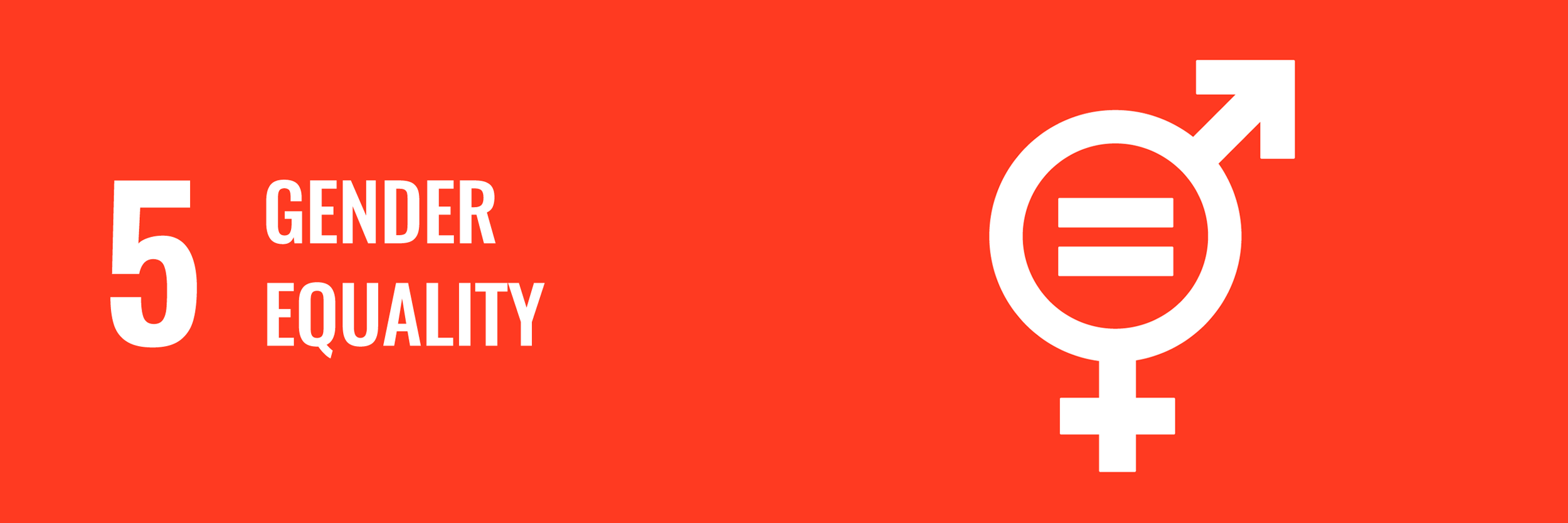
Targets 5.1, 5.2, 5.3, 5.4, 5.5 and 5.6
In 2021, the HUG has obtained the "Equal salary" certification which certifies that there is no difference in salary between women and men within the institution for equivalent positions.
Aware that there is still progress to be made in promoting gender equality, HUG have added a fitth value, "Equality and Inclusion", to their existing relational values to foster diversity and inclusion within the institution. They also have implemented a dedicated program.
 68,4% of staff are women
68,4% of staff are women
 2 nurseries for staff, as well as places in local nurseries
2 nurseries for staff, as well as places in local nurseries
 1 daycare facility for patients children
1 daycare facility for patients children
6 CLEAN WATER AND SANITATION
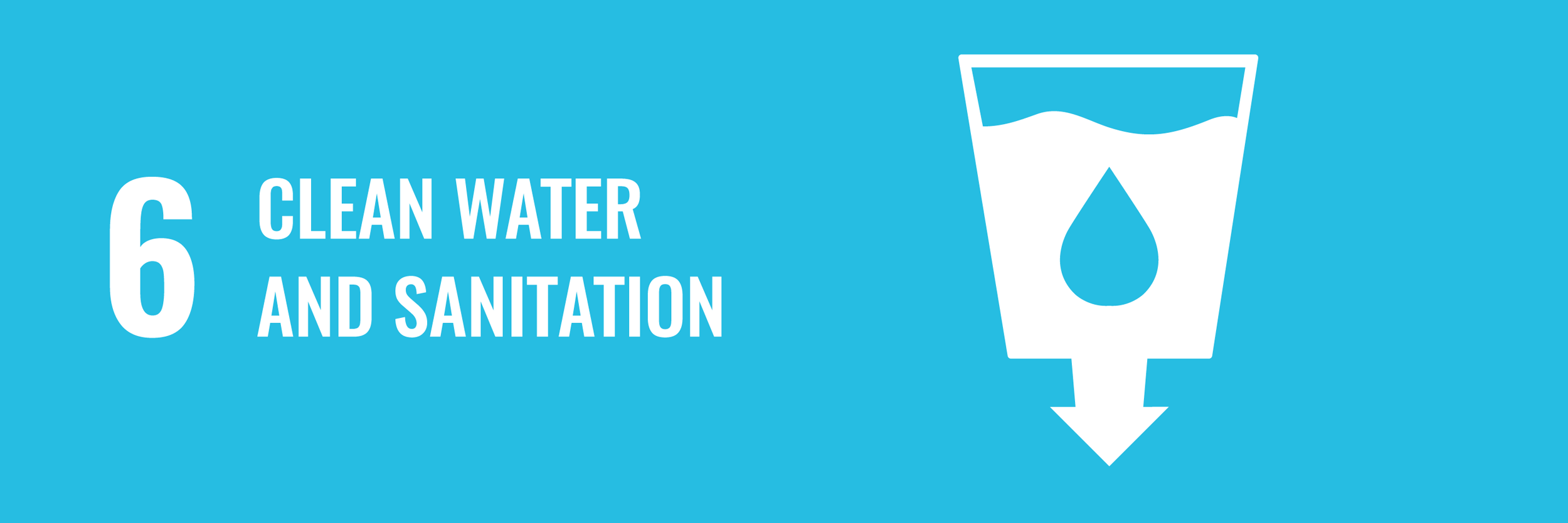
Targets 6.3, 6.4 and 6.8
The HUG place great emphasis on monitoring their water consumption. The wastewater is collected and treated in the canton's purification plants.
 551 173 m3 of water consumed, equivalent to 147 olympic-size swimming pools
551 173 m3 of water consumed, equivalent to 147 olympic-size swimming pools
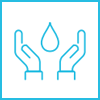 -4 % water consumed between 2023 and 2024
-4 % water consumed between 2023 and 2024
7 AFFORDABLE AND CLEAN ENERGY
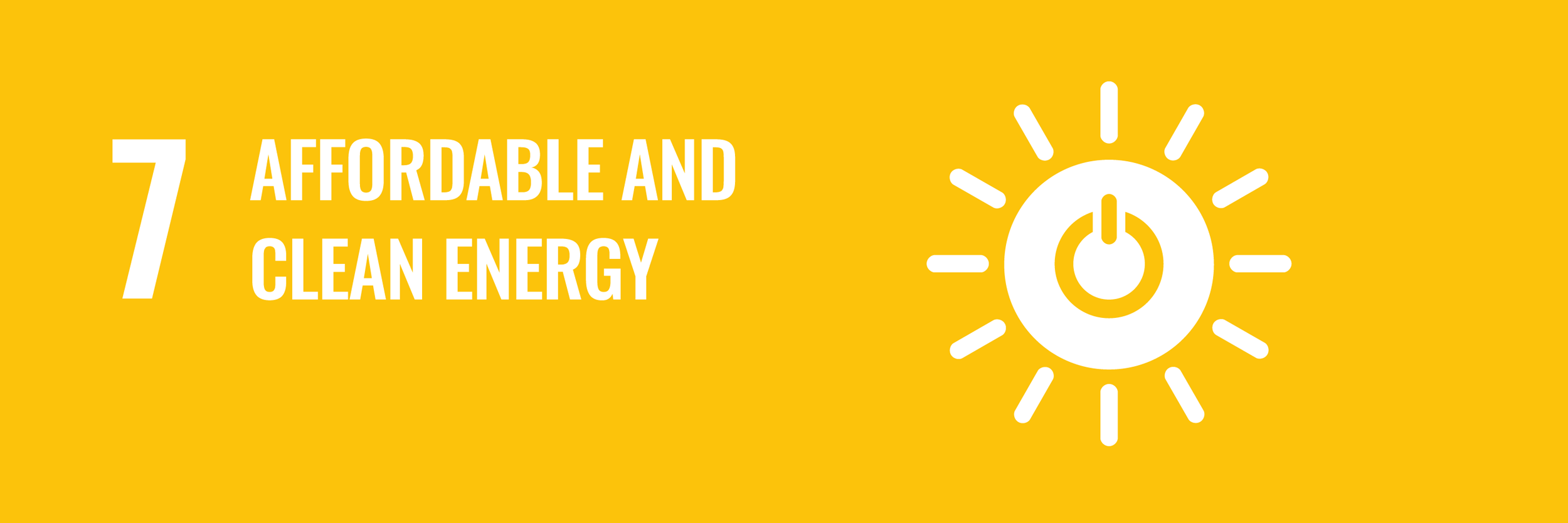
Targets 7.2 and 7.3
For more than a decade the electricity consumed by the HUG has been 100% Swiss and 100% renewable. As of 2019, 40% of the electricity has been "Naturemade Star certified" and comes from solar panels or local ecological hydropower plants.
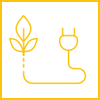 526 MWh of self-generated renewable electricity
526 MWh of self-generated renewable electricity
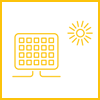 4 126 m2 of solar panels installed
4 126 m2 of solar panels installed
8 DECENT WORK AND ECONOMIC GROWTH
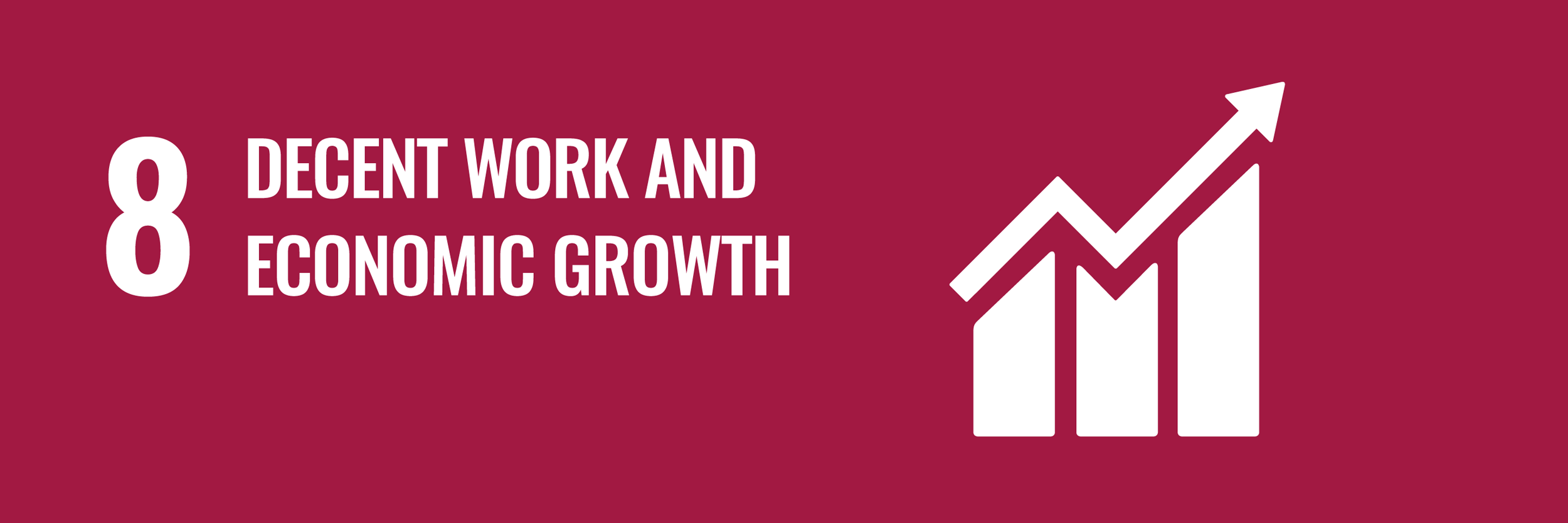
Targets 8.2, 8.5, 8.6, 8.8 and 8.2
The HUG are among the largest employers in the canton of Geneva and contribute to its economic prosperity. The HUG have been labelled 1+ for all since 2014 thanks to their commitment to the recruitment of unemployed persons.
The HUG are also committed to giving opportunities to young people entering the job market and to people returning to the workplace.
 160 different job areas
160 different job areas
 368 trainees, excluding medical and nursing professions
368 trainees, excluding medical and nursing professions
9 INDUSTRY, INNOVATION AND INFRASTRUCTURE
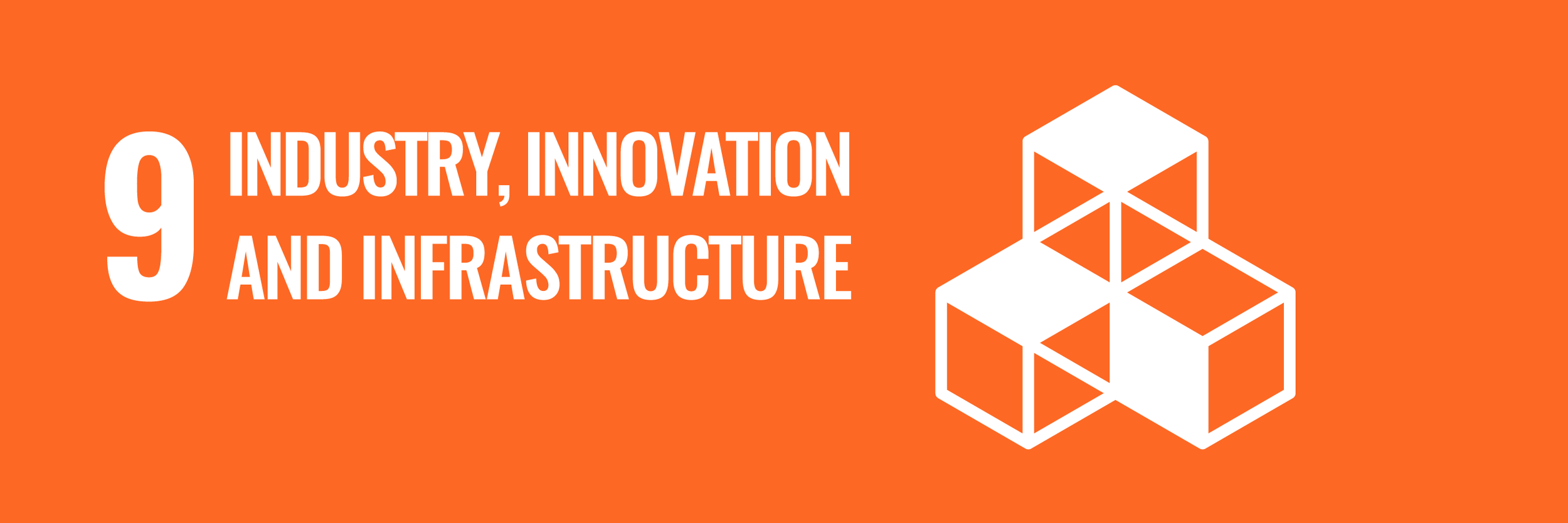
Targets 9.1, 9.4 and 9.5
Research activities are an integral part of the mission of the HUG and are carried out in close collaboration with the Faculty of Medicine of the University of Geneva and the universities of applied sciences.
In 2009 the HUG set up an innovation office and its activities were extended in 2017 with the creation of an Innovation Center. This is a unique platform for exchange. It gathers, develops and implements the best ideas of the staff, with the aim of improving and developing the hospital.
 964 scientific articles published
964 scientific articles published
 4 patents filed
4 patents filed
 1 start-up created
1 start-up created
10 REDUCED INEQUALITIES
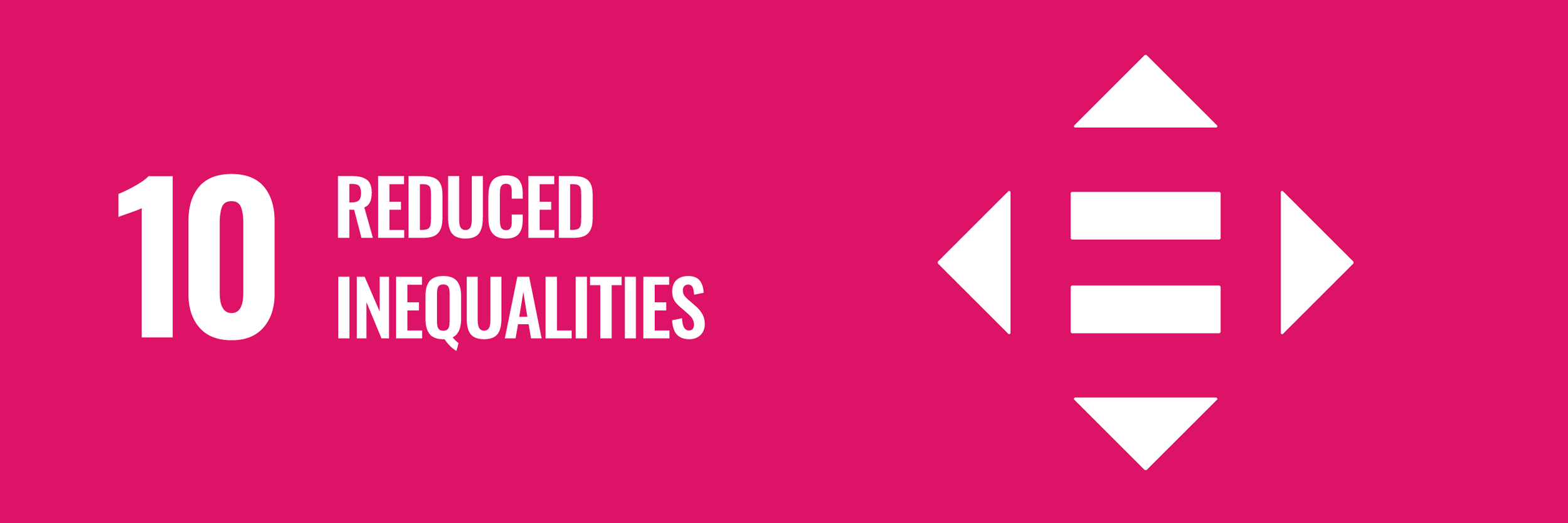
Targets 10.2 and 10.3
The HUG guarantees equal opportunities and considers the diversity of profiles, origins and generations within the teams as an asset for the institution.
They have been involved in humanitarian and international cooperation partnerships for more than 40 years and contribute, for example, to the further education and training of healthcare personnel.
 100 nationalities among HUG staff
100 nationalities among HUG staff
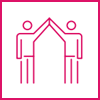 109 humanitarian missions carried out
109 humanitarian missions carried out
11 SUSTAINABLE CITIES AND COMMUNITIES
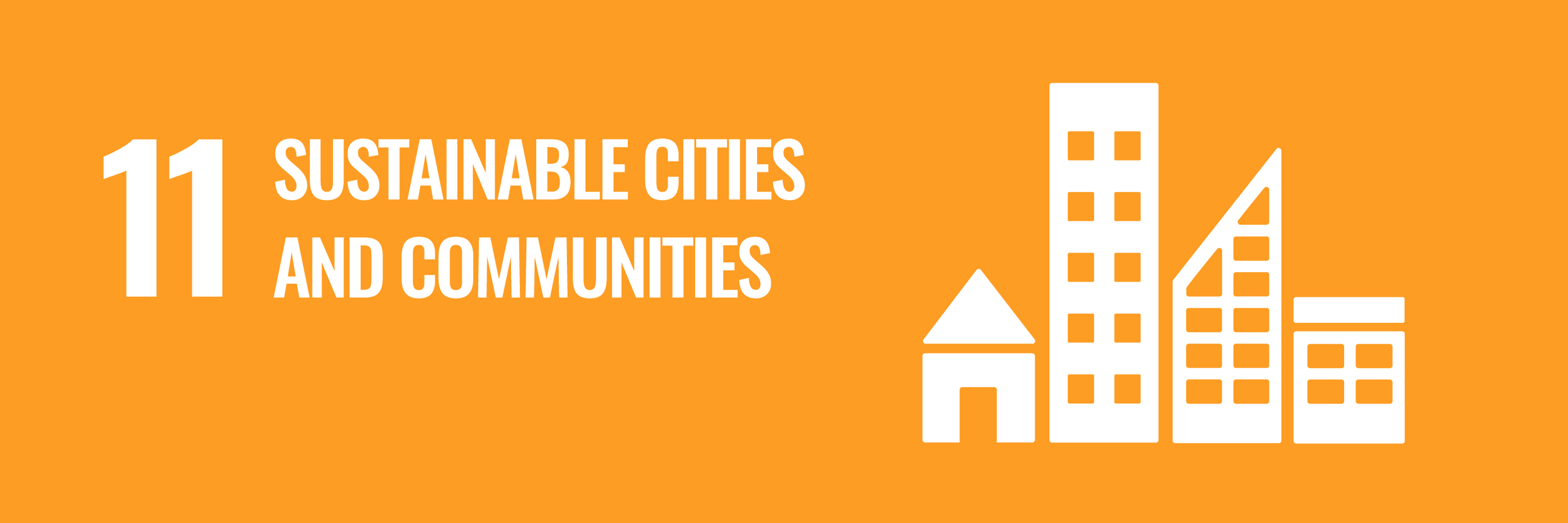
Targets 11.2, 11.3, 11.4, 11.6, 11.7 and 11.8
The mission of the HUG is to provide medical care to the whole community.
The HUG are attentive to reducing the environmental impact of travel related to their activities. In 2008 they adopted a mobility plan for the HUG teams and encourage patients and their relatives who are able to do so to prioritize sustainable mobility when attending the hospital.
 60% of employees are eco-commuters
60% of employees are eco-commuters
 1 505 bicycle parking spots
1 505 bicycle parking spots
12 RESPONSIBLE CONSUMPTION AND PRODUCTION
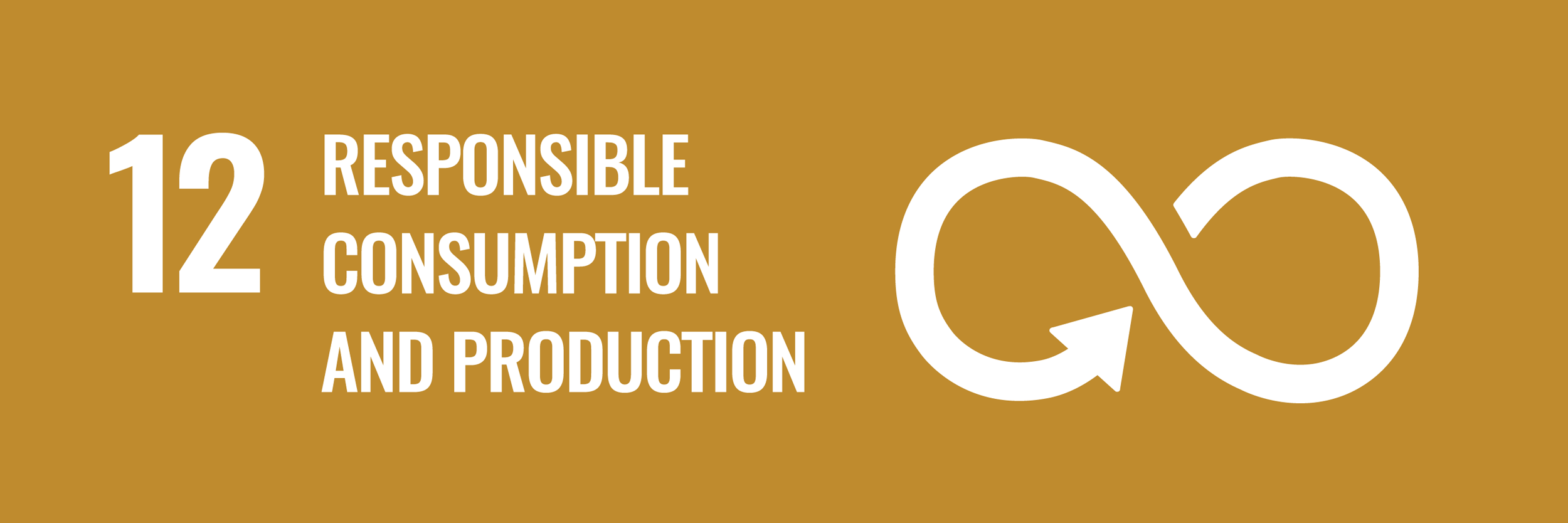
Targets 12.1, 12.2, 12.3, 12.4, 12.5, 12.6, 12.7, 12.8 and 12.A
The HUG and their suppliers are committed to responsible and sustainable production and supply chains. The institution also encourages users to reduce their waste, to promote recycling, reuse and sharing of objects and equipment.
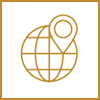 83% of suppliers based in Switzerland
83% of suppliers based in Switzerland
 46% of waste recycled
46% of waste recycled
13 CLIMATE ACTION
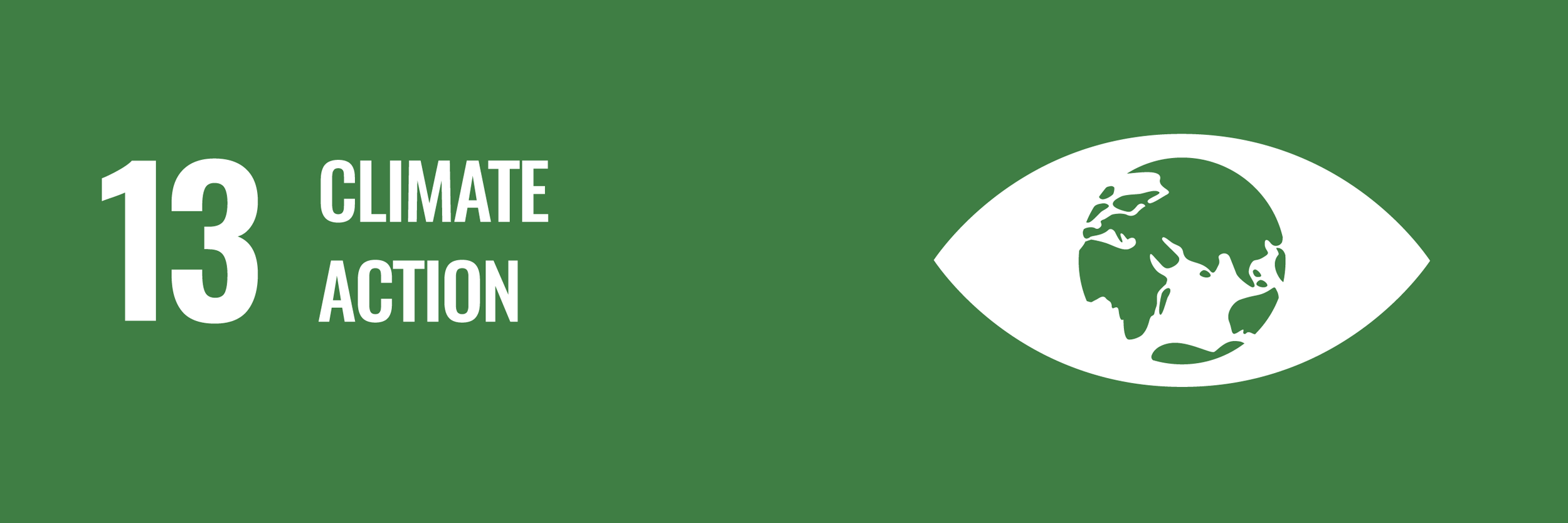
Targets 13.1, 13.2 and 13.3
The HUG quantify their greenhouse gas emissions and are committed to reducing them by taking specific actions. Measures aimed at combating global warming and its repercussions on health have also been introduced.
 103 314 tons of CO2 emitted by the HUG
103 314 tons of CO2 emitted by the HUG
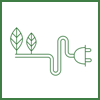 2 887 MWh of electricity saved
2 887 MWh of electricity saved
14 LIFE BELOW WATER
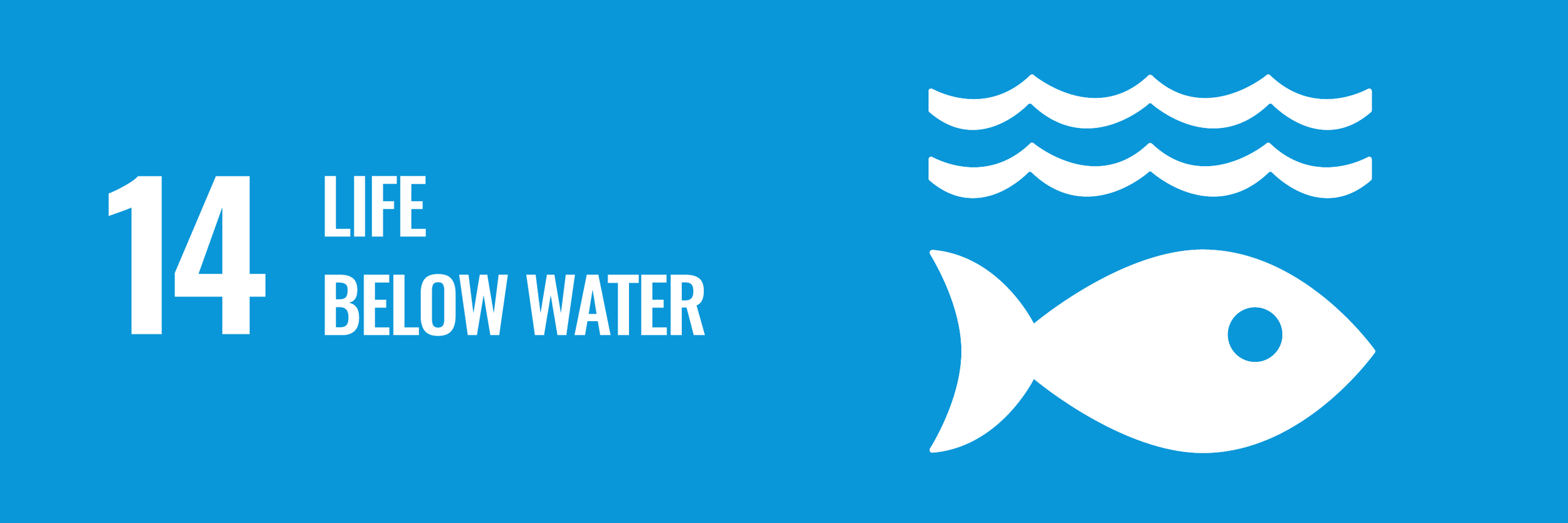
SDG 14 is concerned with pollution and overexploitation of the oceans. The HUG have a limited impact on this SDG.
However, the HUG are careful to purchase fish from sustainable fisheries (90% of purchases).
15 LIFE ON LAND
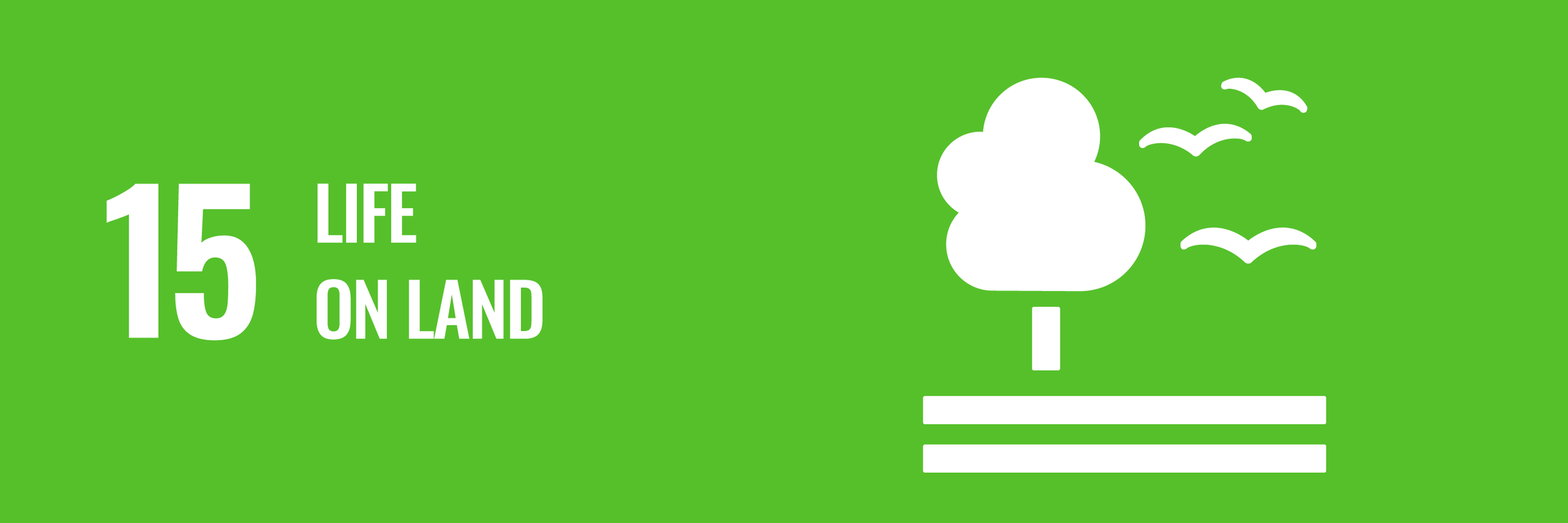
Targets 15.1, 15.2, 15.3, 15.5, 15.8 and 15.9
Attentive to the preservation of terrestrial ecosystems, the HUG manage their 32 hectares of green spaces with respect for the environment and biodiversity.
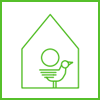 47 nesting boxes for birds and bats
47 nesting boxes for birds and bats
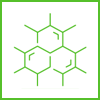 11 beehives and 3 insect hotels
11 beehives and 3 insect hotels
16 PEACE, JUSTICE AND STRONG INSTITUTIONS
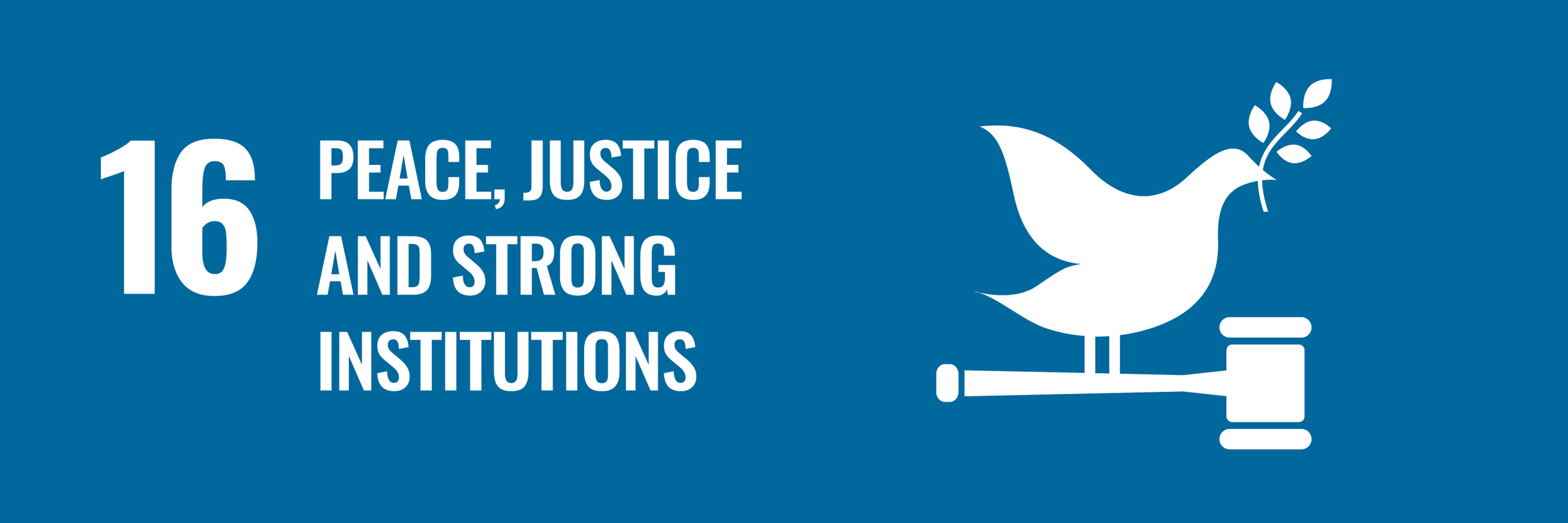
Targets 16.1, 16.2, 16.5, 16.6 and 16.7
Through regular dialogue with their stakeholders and key players in the sustainability network, the HUG wishes to collaborate with as many people as possible in order to face tomorrow's challenges together and be a responsible and efficient institution.
 32 new patient or family as partners recruited in 2024
32 new patient or family as partners recruited in 2024
 255 occurrences of participation of patient or family as partners in HUG projects or activities in 2024
255 occurrences of participation of patient or family as partners in HUG projects or activities in 2024
17 PARTNERSHIPS FOR THE GOALS
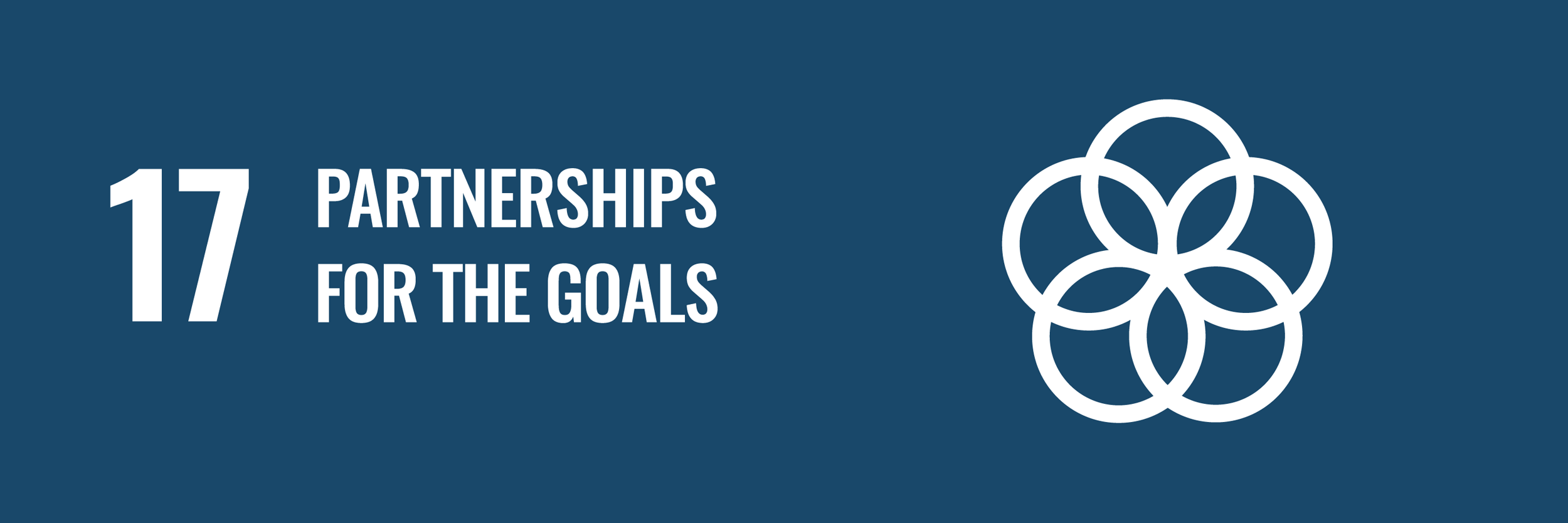
Targets 17.3, 17.6, 17.16 and 17.17
The HUG has six WHO collaborating centers in the following disciplines :
- Therapeutic education and long-term follow-up strategies for chronic diseases
- Epidemic and pandemic diseases
- Humanitarian medicine and disaster management
- Patient safety and infection prevention
- Telemedicine and e-health
- Mental health research and training
At the local and regional levels, there are numerous collaborations and partnerships with, among others, home care services, private clinics, the canton of Vaud, neighboring France and the cantonal office of health of the Canton of Geneva. The HUG are members of the International Hospital Federation (IHF) and signatories of the agreement on the launch in 2022 of the Geneva Centre of Healthcare Leadership for Sustainability.
 6 WHO collaborating centers
6 WHO collaborating centers

